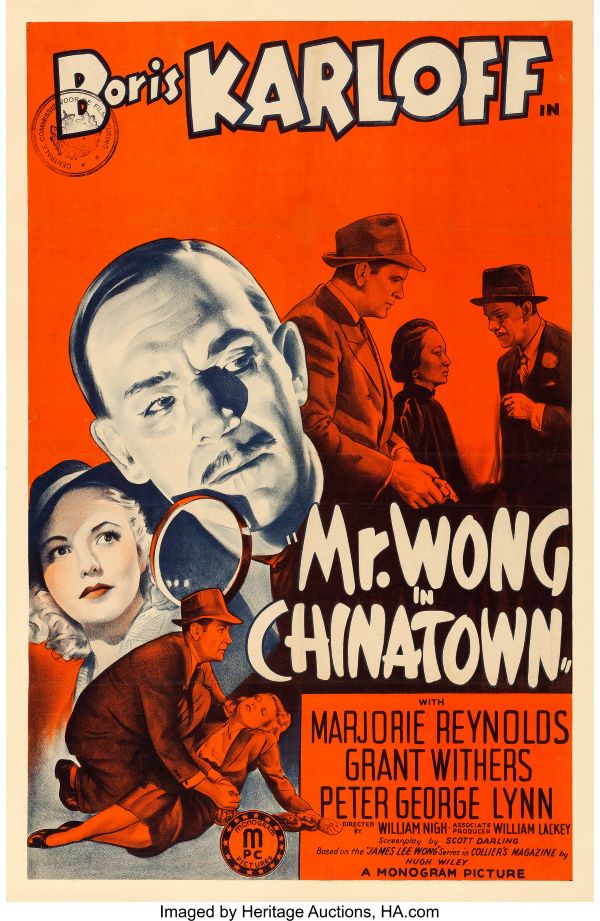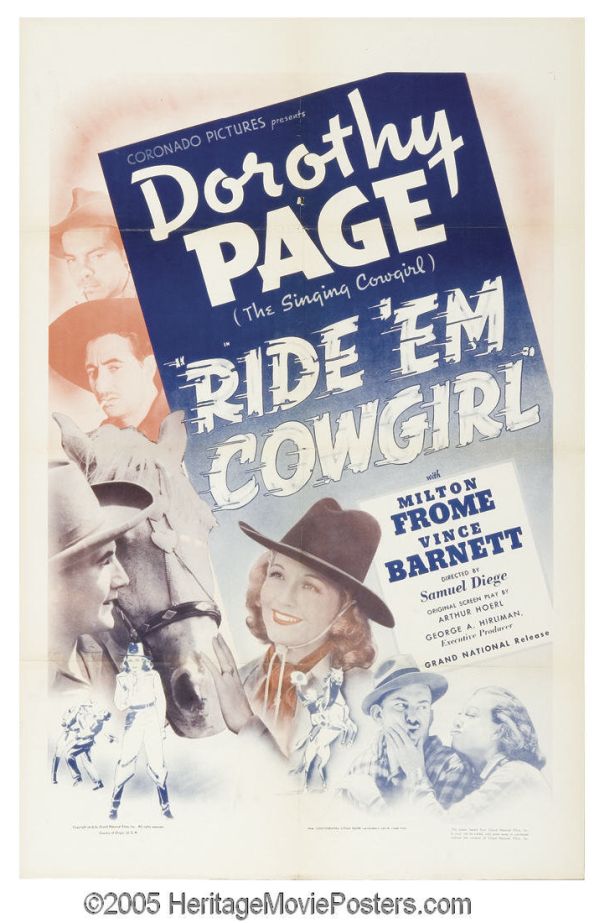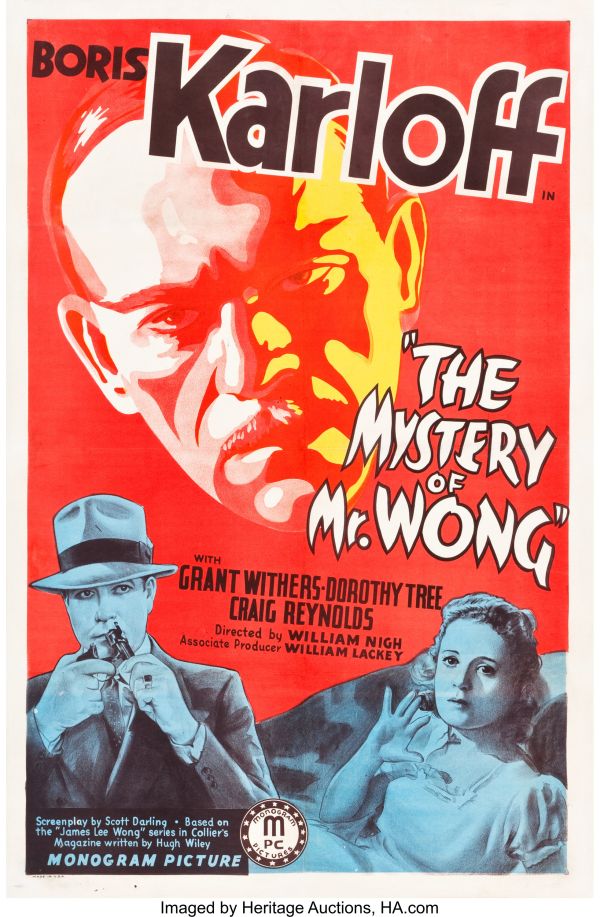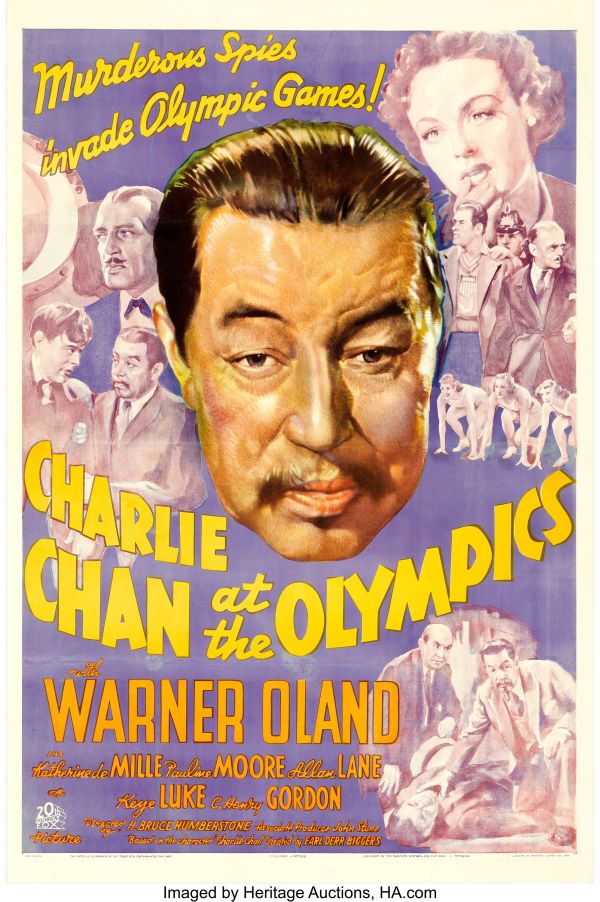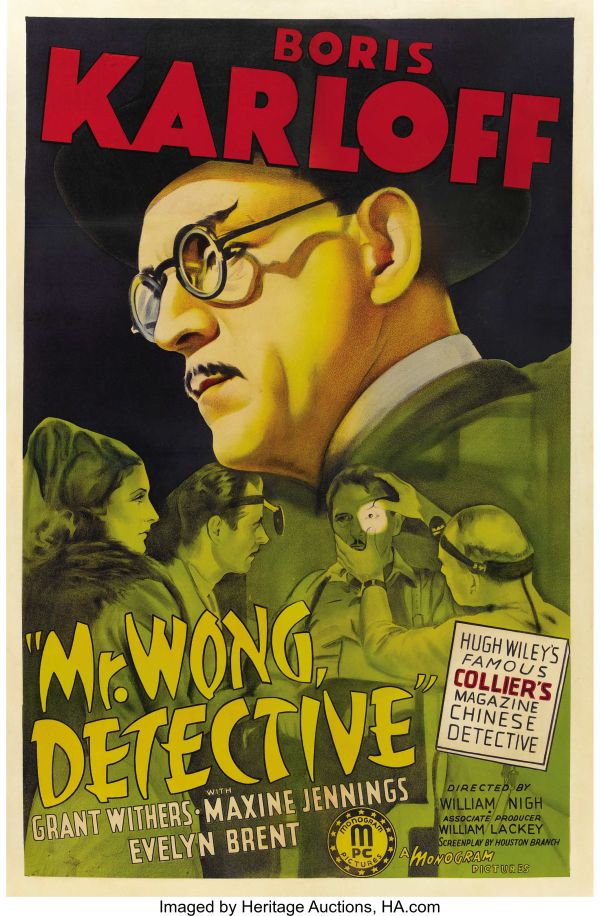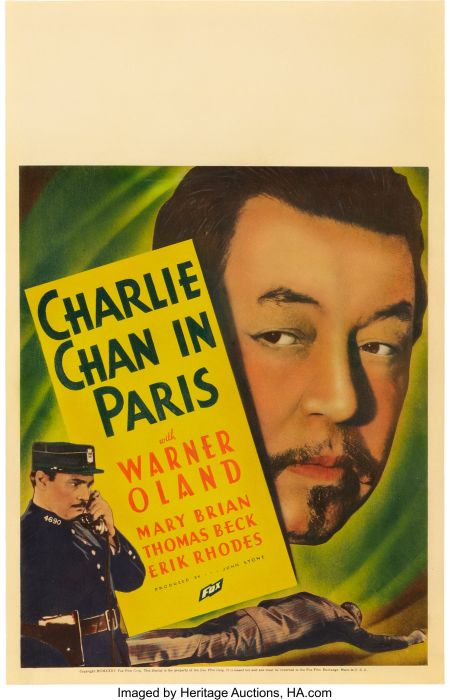The Mr. Wong series took on what I consider its definitive form with this, the third entry in the series. Marjorie Reynolds joins the regular cast as reporter Bobby Logan, always ready to bend rules to get a story and also eager to champion those she thinks wrongfully accused. She and Wong’s friend Captain Street …
Read the full post →“Monogram Monday: <em>Mr. Wong in Chinatown</em> (1939)”

